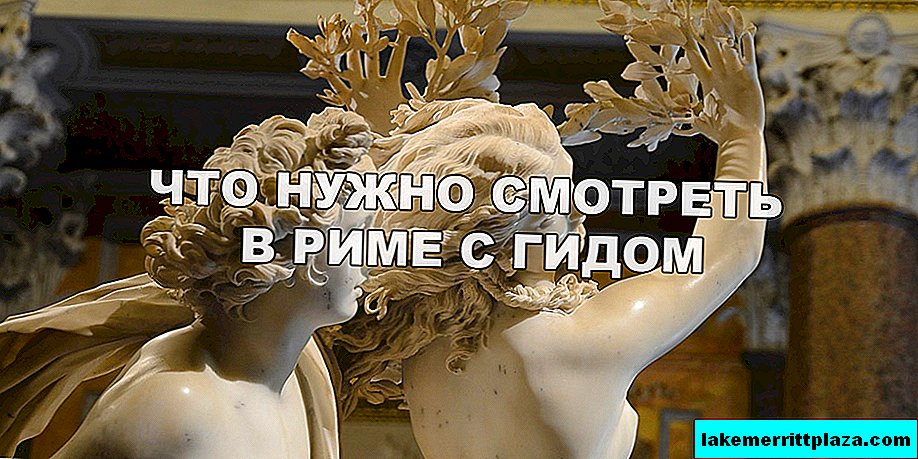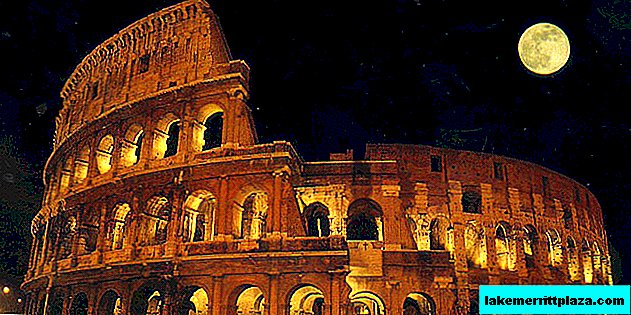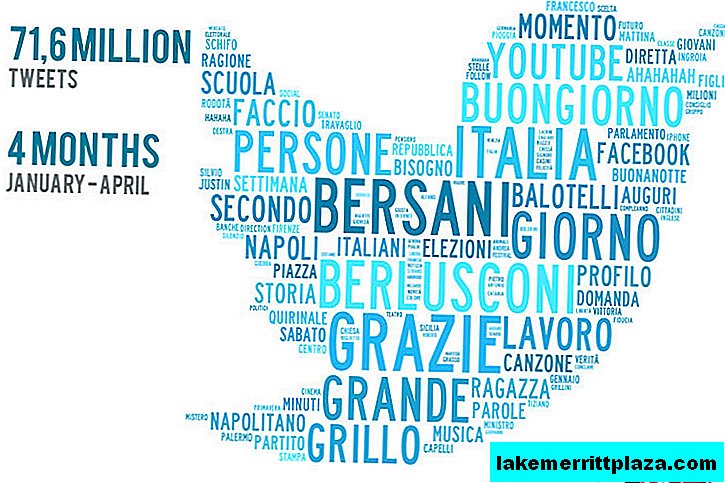Italy needs to “restart” the language learning system, said the country's education minister. In her opinion, lessons at the school should be taught in English, starting with the elementary grades.
Commenting on her plan for educational reform, Minister Stafania Giannini stated that optional language learning at school is no longer acceptable, and that all lessons should be in English. “If we fail to teach our children a foreign language from an early age, we have nothing to talk about in the future,” Giannini said, adding that she would like to make sure that every school has top-notch English teachers.

Before becoming a minister, Giannini studied linguistics, and later advocated the internationalization of Italian universities and the expansion of student exchange programs. Speaking in Rome this week, the politician urged lawmakers to give her every opportunity to develop education in Italy. Prime Minister Matteo Renzi has previously spoken out about the modernization of the school system, and also insisted on the allocation of 3.5 billion euros for this.
Prime Minister Matteo Renzi has previously spoken out about the modernization of the school system, and also insisted on the allocation of 3.5 billion euros for this.
It is worth noting that according to a recent study on the level of knowledge of English, Italy does not "shine" when it comes to a foreign language. Education First, an organization that specializes in education abroad, found that Italians speak English at an intermediate level, as do French, Chinese, and Russian. Most European countries can boast a fairly high level of proficiency in this language.

By the way, last year, members of the Italian parliament involuntarily demonstrated that they cannot use English in their work. A reporter from the program 'Le lene', which appears on Mediaset, owned by former Prime Minister Silvio Berlusconi, tried to determine the level of knowledge of the foreign language of members of parliament from different parties. Most of them looked bewildered and frightened when a reporter asked them a question in a different language without warning.
When one of the lawmakers was asked about possible solutions to the conflict in Syria, he confused the name of the country with the word “homophobia” (homophobia), while his colleague began to talk about contraception in Africa when he was asked about nutritional supplements.
So, Federico Fauttilli, a member of parliament from the Civil Choice association, did not even try to answer the question. He just said “no” and tried to close the camera with his hand.
Albero Zolezzi, a spokesperson for the Five Star Movement in the lower house of parliament, has been confronted with the issue of preventing massive plant closures. “The first, in my view, is the participation of many people ...” he began, until he stumbled and fell silent. It should be noted that earlier some sources claimed that about 400 thousand euros were allocated from the state budget for the training of politicians in foreign languages (English, French, Spanish and others).








